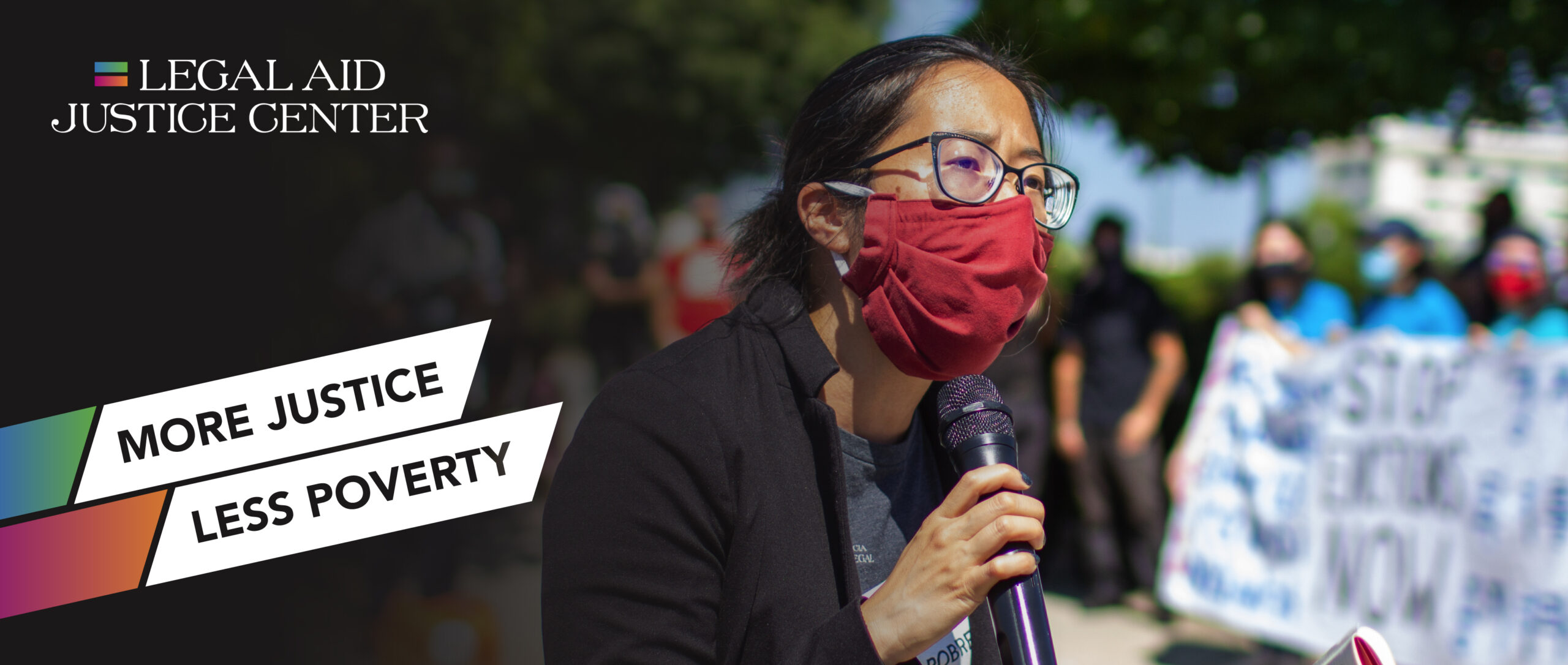
“With true structural change there would be far less need for charity; without it the very best charitable efforts will never be enough.”
– Marian Wright Edelman
What if I told you that we could reduce the number of people in poverty by tens of millions just by making a few different policy choices?
You wouldn’t believe me, would you?
But we can do just that, and we can do it in a matter of months. We just have to want it badly enough. We must also shed our misunderstanding of poverty as the regrettable but intractable consequence of character or intellectual flaws, poor choices, and/or bad luck.
How do I know?
Because that is exactly what we did during the pandemic with pandemic-relief measures. Tens of millions of people who were living below the poverty level—or just one emergency away from falling below it—gained a measure of financial stability they may never have felt before.
As Shailly Gupta Barnes has powerfully pointed out, poverty is a policy choice. We brought tens of millions of people out of poverty in 2020 because we simply changed policies. We expanded safety net programs that meet basic needs like health insurance, food assistance, and unemployment benefits, created rent and mortgage relief programs, enacted student loan repayment moratoria, and more.* And now that pandemic relief has ended, we are currently experiencing the biggest poverty increase in half a century. Yet where is the alarm?
During the pandemic, it was easy to see that poverty is not self-inflicted, and that our collective salvation depends on programs that keep families housed, fed, healthy, and financially stable. These programs were not charity. They were born of a fleeting recognition that all but the wealthiest of us are just one disaster away from poverty, and that our collective well-being is served best by meeting everyone’s basic needs, especially when we are surrounded by abundance.
That is what LAJC is about. We see poverty as a human-made crisis. And one that can be eradicated by human-made systems that meet people’s basic needs all the time, and not just during a pandemic. That is what we do:
We partner with communities and clients in dismantling systems that create and perpetuate poverty and racial injustice so that, together, we can all experience justice, liberation, and well-being.
